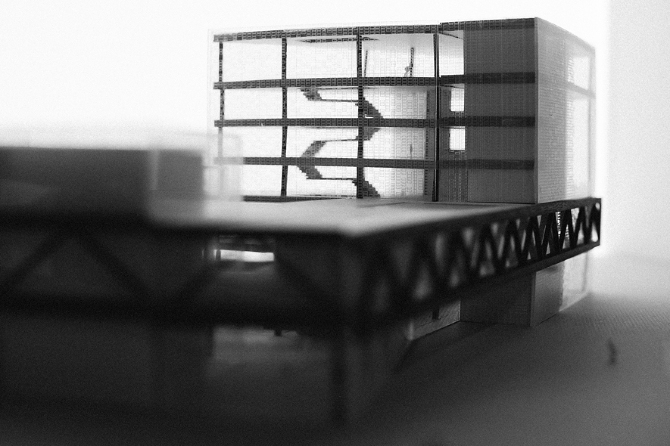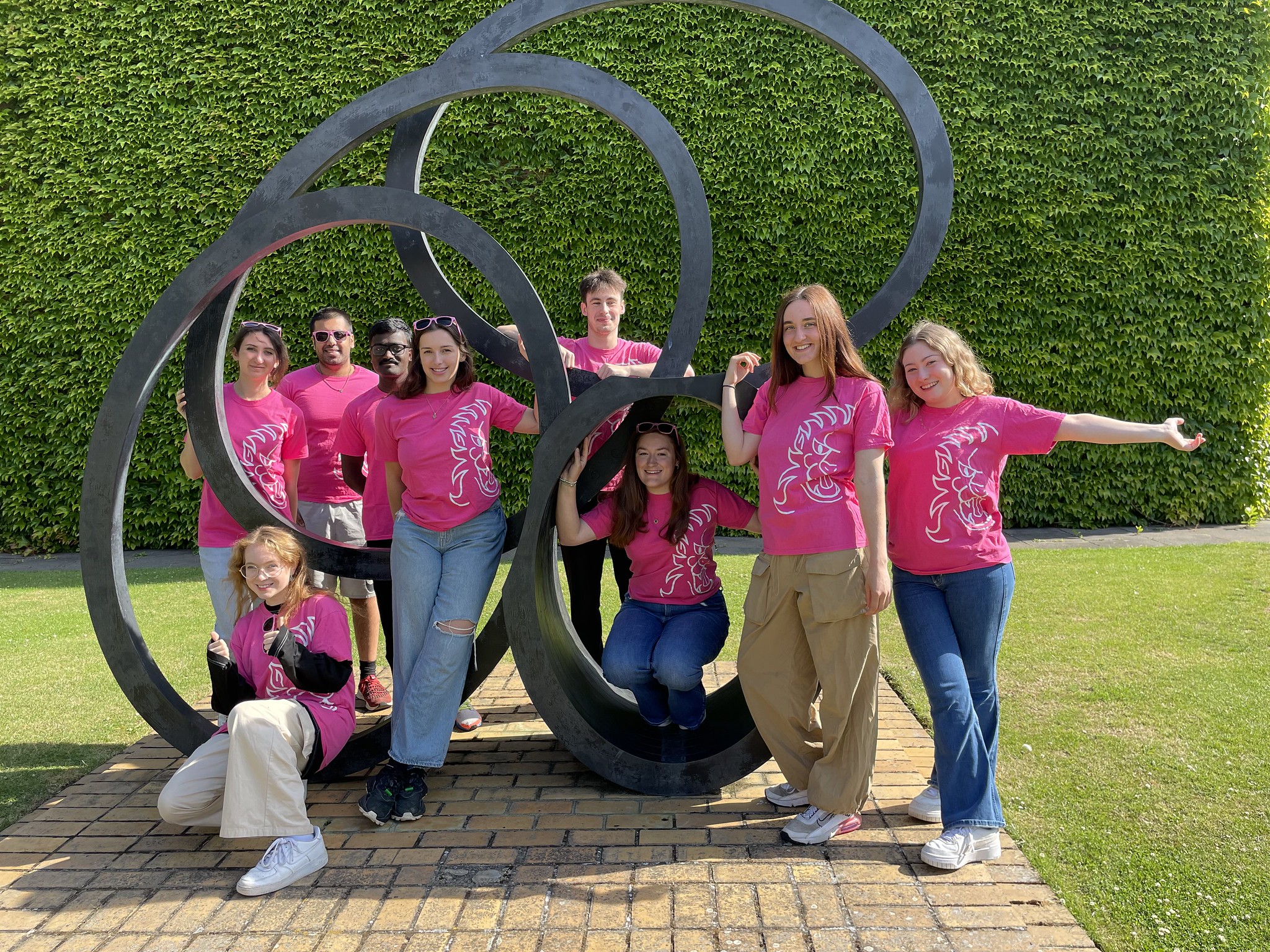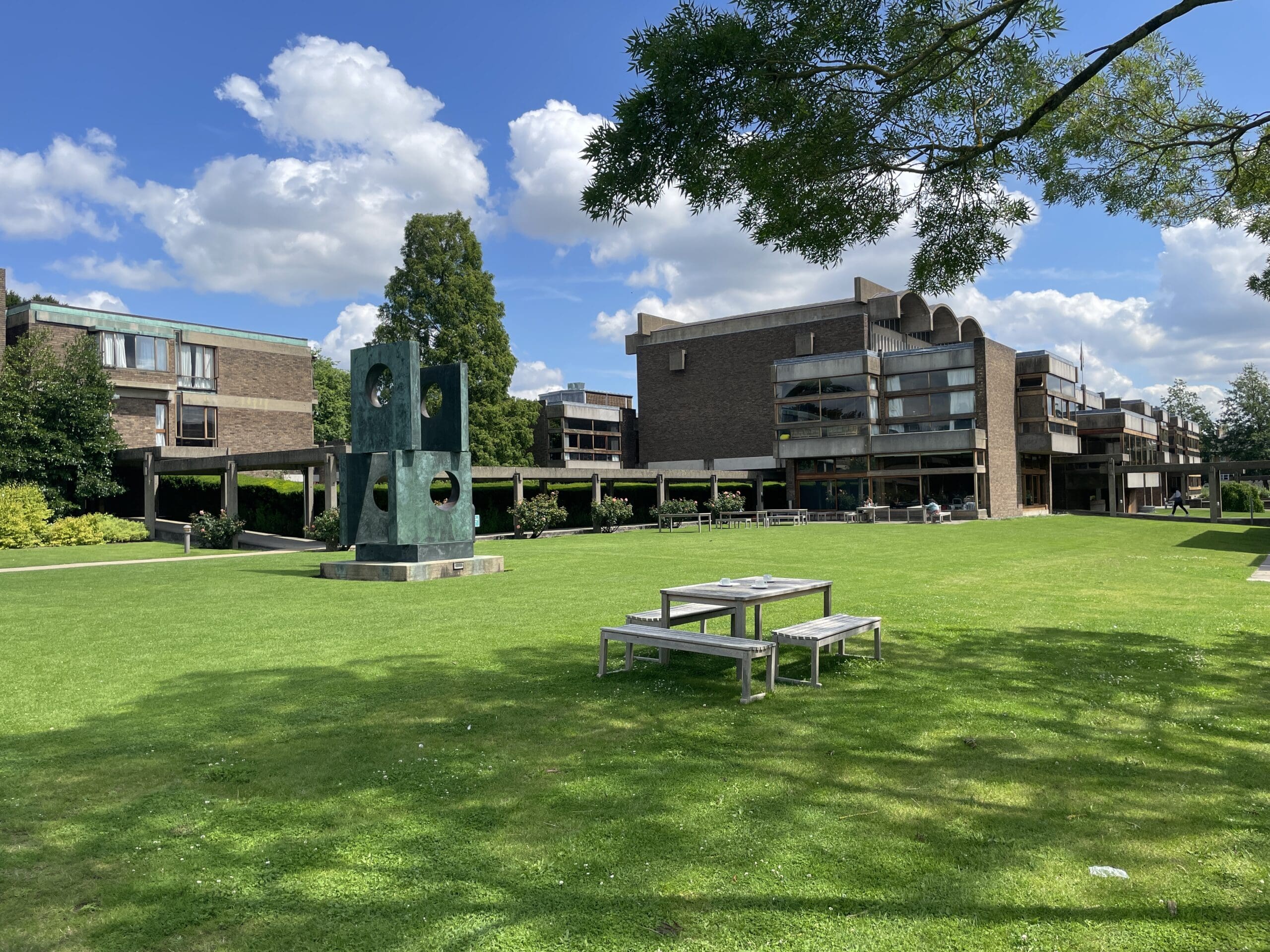
Architecture
In addition to an Architecture community made up of undergraduates, postgraduates, and Fellows, Churchill hosts engineers and physicists, many of whom are interested in the problems of energy conservation and sustainable design. There is, therefore, a considerable body of architects, designers, and technologists in the College – an informal but valuable mutual support network.
Entry Requirements
Course-specific information, including the University’s minimum offer level, can be found by selecting your course from the University’s Course List then looking at the “Entry Requirements” tab. The University’s Entrance Requirements and International Entry Requirements webpages may contain guidance relevant to you too.
At Churchill, we want to admit undergraduates who will thrive during their time here, so – in their interests – we tend to set conditional offers in line with the typical attainment of Cambridge entrants, by course. On average, this allows us to make a relatively generous number of offers per place, but it also means that our requirements are usually a little more rigorous than the University’s minimum offer level.
You can learn more about the academic profiles of Churchill entrants and our approach to setting conditional offers on our undergraduate applications page.
Admissions assessment
Churchill does not use a written assessment in ASNC. If you apply to Churchill, we’ll ask you to submit two examples of teacher-marked written work. These should be taken from your present or most recent studies, and should not be re-written or corrected for your Cambridge application. Ideally, each piece should be 1500 to 2000 words in length, and focus on literary, historical, or linguistic topics.
Interview
The role of academic interviews in Churchill’s admissions process is explained on our interviews page. Our interviewers will be looking for evidence of enthusiasm for and a potential for aptitude in the subjects covered by the ASNC Tripos, as well as an ability in historical, linguistic and/or literary thinking.
Director of Studies

Prof Minna Sunikka-Blank
Careers
Like most subjects in the Arts and Humanities, ASNC is not a vocational course that prepares you for a specific career. However, the skills that can be acquired over the three years of the degree are many and varied, and should most importantly provide a thorough grounding in the careful interrogation of a variety of sources from different points of view (literature, history, linguistics), and in the reasoned construction of sound, detailed arguments, whether orally or in writing. Recent ASNC graduates have put these skills to good use in a wide range of jobs, including careers in law, finance, publishing, teaching, the civil service, the armed forces, the police, computing, television and journalism, besides those who have chosen to progress to postgraduate level research.
Studying Architecture at Churchill College
Churchill has a distinguished architectural heritage and the striking design of the College continues to inspire creative thinking. In contrast to the historic Cambridge Colleges, with their medieval Gothic and Neo-Classical buildings corralled behind high walls, Churchill’s layout is spacious, open and modern. The groundbreaking architectural competition that brought the College into being is considered by many to be a watershed moment in British Post-War architectural history. Since the foundation of the College in the 1960s, we have continued to commission distinctive buildings and works of art. Recent additions include the multiple-prize winning Cowan Court, by 6a Architects, completed in 2016.
Architecture graduates of Churchill have made notable contributions to the world of architecture. For example, two of our graduates are members of Assemble, who made history as the first art, architecture, and design collective to win the Turner Prize 2015. Other recent graduates in Architecture have been employed by leading international practices, including OMA, Bjarke Ingels Group and Allies and Morrison, while some have continued to Masters level courses in Land Economy and Management Studies or PhD studies in Philosophy.
In addition to an Architecture community made up of undergraduates, postgraduates, and Fellows, Churchill hosts engineers and physicists, many of whom are interested in the problems of energy conservation and sustainable design. There is, therefore, a considerable body of architects, designers, and technologists in the College – an informal but valuable mutual support network.
Full course details are provided on the Department’s Undergraduate webpage and the University’s Undergraduate Study webpage.
You may also be interested in:



